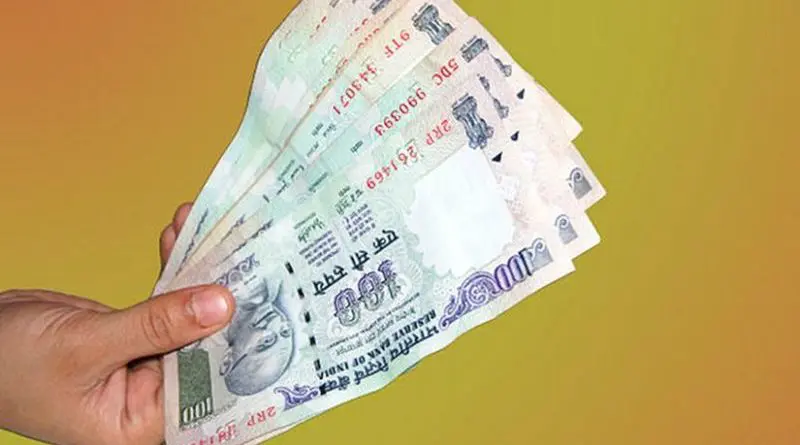Shameful That Richest 1% Own 58% Of India’s Wealth – OpEd
A recent study by rights group OXFAM, ahead of the World Economic Forum (WEF) annual meeting in Davos, showed that there are currently 57 billionaires in India, who have the same wealth (USD 216 billion) as that of the bottom of the 70% of the population in India. 1% of the richest persons in India now hold 58% of India’s total wealth. The study further said that the CEO of India’s top information technology firm earns 416 times the salary of a typical employee in the company.
Obviously, the above scenario clearly indicates that inequality in India is rising and has already reached an alarming and unacceptable level.
Rich hold the wealth at the cost of poor
India presently has the population of over 1,200 million people and 27% of this population is reported to be living below poverty line. This means that 27% of the population (which could be more than 300 million people), do not know as to where their next meal would come from and they live without even basic facilities.
When 1% of the richest own 58% of India’s wealth and there are around 84 billionaires in India, this means that these rich people and also other rich people who may not be as rich as the billionaires, but still belong to the upper income group, have amassed and cornered the wealth of the nation. In the process, these billionaires and rich people have denied the wealth to large number of Indians who do not have “the competence or cleverness” to earn money like these rich section of the country. Certainly, the super rich hold wealth at the cost of poor.
Such conditions are not anywhere near an ideal welfare society. While the concept of total welfare society may be Utopian and may not be practically possible due to variety of conflicting conditions and inter related factors, should the inequality in wealth and income be so steep as 1% of the richest holding 58% of the nation’s wealth?
Obviously, this implies that such rich people are not adequately taxed in India or investigated as to whether they have accumulated so much of wealth by fair or foul means. Even if they have accumulated so much of income by fair business practices, it still means that the business practice adopted by them have been exploitative and they have made disproportional profit in their operations .
The advocates of private sector enterprises often argue that encouragement of individual initiatives and private enterprises and liberty to conduct business activity as per one’s capability and wish and enable them to make as much profit as possible for them, is the basic need to promote rapid economic growth.
This contention may be partly true, as alternative to private sector enterprises are the public sector enterprises and several public sector enterprises run by government departments incur huge losses and have turned sick. While there are loss incurring units in private sector also, the extent of loss in public sector enterprises is far higher.
In any case, how can we accept a scenario where for the sake of such economic growth, the large section of people should be left deprived and comparatively small segment of population are allowed to earn disproportionately high income and hold huge share of national wealth?
India’s case of super rich holding lion’s share of national wealth call for responsible investigation and immediate corrective steps by the government. This is required not only from the point of view of fair and equitable governance but also to prevent social unrest with grave consequences, that may happen in the event of huge disparity in national income and opportunities.
In a society where 27% of the national population is below poverty line, the rich should really feel guilty to hold so much of wealth for themselves.
Enough for everyone’s need, but not greed
Mahatma Gandhi said that there is enough for everyone’s need but not for everyone’s greed. When some people become so greedy and successfully amass wealth by fair or foul means, it means that there is not enough of wealth left for the needy people.
Certainly, government of India has a duty to ensure that such rich people are forced to share their income with fellow Indians ,who are in poverty and consequently who are denied the opportunities for adequate education, health and wherewithal to improve their economic and social status.

